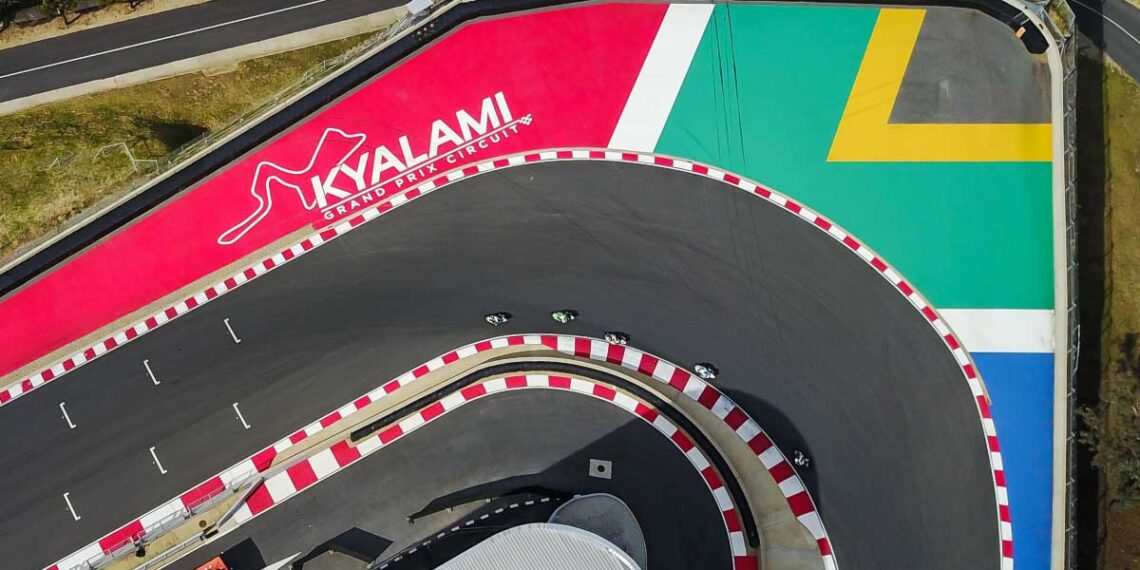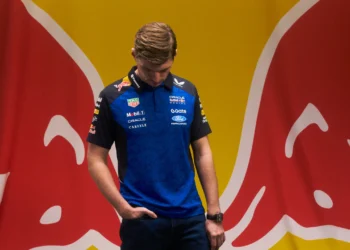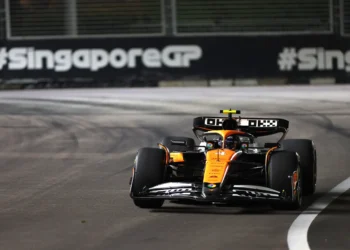After nearly three decades, the tantalizing possibility of Formula 1 racing returning to South Africa seems to be stuck in a perpetual state of limbo. Despite the recent approval of plans to upgrade the Kyalami circuit to FIA Grade 1 standards, paving the way for a potential Grand Prix in the country, there are still numerous hurdles standing in the way.
While South African officials have long expressed their eagerness for F1 to make a comeback, the road to realization has been fraught with delays and uncertainties. A bidding committee established by the government has been tasked with selecting a suitable venue for the potential race, with Kyalami and two Cape Town-based bids in the running. However, the process has been marred by controversies, including the disqualification of one bidder over objections to a hefty submission fee.
The financial feasibility of hosting an F1 race in South Africa, a country grappling with economic challenges and soaring unemployment rates, remains a pressing concern. Similar questions loom over Rwanda’s aspirations to host a Grand Prix, as well as a proposed project in Morocco led by former McLaren and Lotus team principal Eric Boullier, which is still in its nascent stages.
In contrast, Thailand has emerged as a front-runner in the race to secure a spot on the F1 calendar, with a government-approved $1.2 billion bid to host a street race in Bangkok from 2028. The project, which has garnered support from high levels of government and private entities like Red Bull Thailand, underscores the country’s commitment to ensuring the event’s success and sustainability.
The tumultuous political landscape in Thailand, marked by a recent crisis involving the prime minister, has not deterred the F1 project’s momentum. With a strategic focus on long-term stability and viability, F1 CEO Stefano Domenicali emphasizes the importance of establishing solid foundations in new host countries to prevent the pitfalls experienced by short-lived races in the past.
Lessons learned from failed ventures in India, Korea, and Vietnam serve as cautionary tales for FOM, highlighting the need for robust financial backing and enduring political support. As FOM carefully navigates the selection of future Grand Prix locations, the specter of a potential gap in the 2027 calendar looms, with Zandvoort’s Dutch Grand Prix set to exit.
While traditional circuits like Barcelona, Austin, and Baku negotiate contract renewals, the prospect of Istanbul Park in Turkey making a comeback in 2027 remains a topic of ongoing discussions. As F1 enthusiasts await the unveiling of the next wave of host cities, the allure of new additions to the calendar promises a thrilling chapter in the sport’s global expansion.










